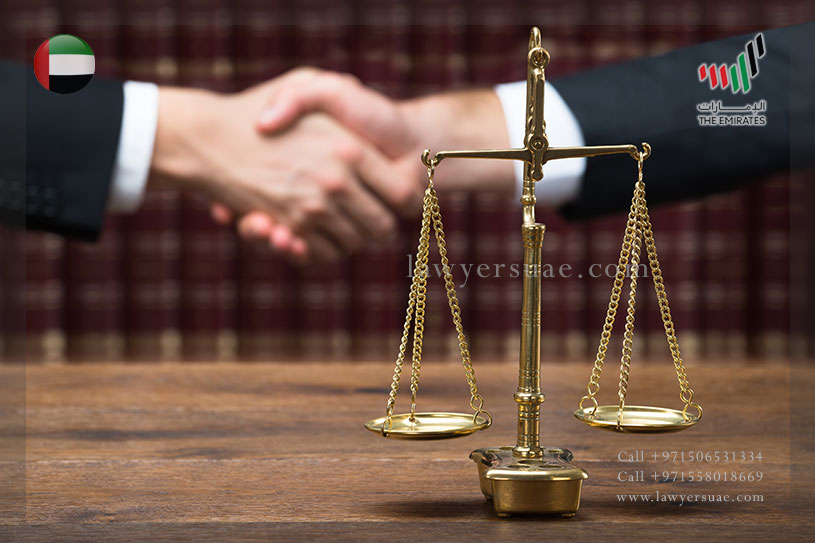Hiring an attorney to represent you is an important decision that should not be taken lightly. An incompetent attorney can seriously damage your legal interests. When entrusting your case to a lawyer, it is crucial to thoroughly vet their competence to practice effectively in their specific field. But with so many practicing attorneys to choose from, how can you identify competence and the right legal expertise for your needs?
Defining Competence in the Legal Profession
The basic threshold for attorney competence is straightforward – legal competence means an attorney has the necessary education, training, skills and preparation to handle a given type of case, while adhering to ethical and professional codes of conduct. All practicing lawyers must meet general criteria for licensing and bar membership. However, true competence requires specific knowledge, experience and abilities in the lawyer’s chosen areas of law.
As per the American Bar Association (ABA) Model Rules of Professional Conduct:
“A lawyer shall provide competent representation to a client. Competent representation requires the legal knowledge, skill, thoroughness and preparation reasonably necessary for the representation.”
Key Elements of a Competent Attorney
- Substantive legal knowledge: Possess awareness of relevant laws, regulations, case law precedents in applicable practice areas
- Procedural rules expertise: Know prescribed processes, protocols and local court rules
- Research abilities: Able to efficiently find and apply laws and past rulings to the client’s case
- Critical thinking skills: Assess issues from multiple angles, identify optimal strategies and solutions
- Communication proficiency: Clearly exchange information, expectations and case details with clients
- Analytical competencies: Accurately evaluate case merits, evidence strength and risks to establish options
- Ethical adherence: Abide by all professional conduct rules and fiduciary duties
Beyond these well-defined competence criteria mandated for licensed legal practice, attorneys can further distinguish themselves by developing niche experience and recognized expertise within specific legal fields.
Evaluating an Attorney’s Specific Competence
So when faced with a personal legal matter, how can you effectively evaluate prospective attorney’s competence?
Verify Overall Credentials
First, confirm that the attorney meets baseline competence standards:
- Education – Academically qualified from an accredited law school
- Admission – Passed state bar exam to practice law
- Licensing – Registered license in active good standing
- Specialization – Board certified in some practice areas
- Association – Member of local, state and national bar associations
- Ethics – No disciplinary issues or malpractice records
State bar associations provide free tools to verify an attorney’s credentials.
Match Legal Needs to Expertise
The next step entails understanding your precise legal needs and matching those to an attorney with related field competence:
- Practice Areas – Align area of law with your legal issue
- Experience – Years of expertise in similar cases
- Outcomes – Successful track record with comparable cases
- Focus – Dedicated concentration on your legal field
- Understanding – Demonstrates sound knowledge of your case specifics
- Familiarity – Aware of intricacies, challenges and processes for a case like yours
During an initial consultation, don’t hesitate to ask specific questions about their background and qualifications in cases akin to yours.
Seek Input from Others
Thirdly, seek validating subjective perspectives:
- Client Reviews – Feedback on previous client experiences
- Peer Endorsements – Fellow attorney testimonials
- Ratings – Scored by attorney review sites
- Referrals – Recommended by trusted legal professionals
- References – Former client testaments
- Memberships – Esteemed trade organizations
- Accolades – Awards recognizing legal excellence
- Publications – Featured in industry media and journals
Objective qualifications may not tell the full story, so independent reviews and endorsements can further confirm competence.
Assess Communication Dynamics
Lastly, evaluate your direct interactions:
- Questions – Addresses all queries appropriately
- Clarity – Explains legal principles and case expectations clearly
- Listening – Actively hears concerns without interruption
- Patience – Willing to discuss details without impatience
- Comfort Level – Creates atmosphere of confidence and trust
- Responsiveness – Follows up and replies promptly
- Rapport – Relatable interpersonal engagement
An attorney who checks all the boxes on credentials yet still doesn’t instill confidence based on your interpersonal dynamic may not be the right match.
Ongoing Evaluation of Competence After Hiring
The vetting process aims to preemptively identify attorney competence. However, maintaining awareness of their performance even after hiring helps ensure they deliver continually competent representation.
Define Expectations and Communications
Set definite guidelines upfront:
- Objectives – Maintain mutual understanding of primary case goals
- Meetings – Schedule regular check-ins and status updates
- Contact – Preferred methods and response time expectations
- Work Product – Documents to be shared, including drafts
- Preparation – Activities between meetings
- Strategy – Plan for advancing case, managing risks
Monitor Case Progress
Throughout the duration of a case, stay engaged:
- Diligence – Is attorney dedicating sufficient time and resources?
- Adherence to Plans – Following agreed strategies?
- Task Completion – Achieving defined preparation targets?
- Impediments – Facing any unforeseen obstacles or delays?
- Options – Considering alternate approaches as needed?
Affirmatively questioning the attorney avoids assumption of competence.
Compare Execution to Expectations
As the case unfolds, continually compare real performance against initial competence criteria:
- Expertise – Demonstrates complete knowledge of issues?
- Judgement – Exercises smart calculated decisions?
- Effectiveness – Achieves substantive objectives efficiently?
- Value – Meets defined expectations relative to fees charged?
- Ethical Standing – Maintains professional integrity throughout?
Voicing any disappointment in perceived competence shortfalls right away gives the attorney opportunity to clarify or improve.
Alternatives If Attorney Proves Incompetent
If it becomes evident your attorney falls short of competent representation, promptly address it:
- Discussion – Have an open and honest dialogue on perceived deficiencies
- Second Opinion – Consult another attorney to independently assess competence issues
- Substitution – Formally remove incompetent attorney from your case
- Bar Complaint – Report gross negligence or unethical conduct
- Malpractice Suit – Recover damages from incompetence causing harm
There are multiple recourses if your attorney fails their duty of competence.
Key Takeaways – Evaluating Attorney Competence
- Base competence requires licensing, ethics and adequate abilities
- Specialized competence demands specific matching of expertise
- Vet credentials, qualifications, peer input and communications
- Set clear guidelines and consistently monitor case execution
- Utilize alternatives if demonstrated competence remains unsatisfactory
Identifying and maintaining attorney competence is crucial in enabling the best possible legal outcome. Carefully applying due diligence from the outset while staying actively involved can help prevent negative consequences from arising. With knowledge of key competence considerations and options to change course when required, you can hire and retain maximally capable legal representation.
Call us now for an urgent appointment at +971506531334 +971558018669


Dear sir,
i have made a salary complaint in mol & we had a meeting today with my sponsor.As per my complaint it is 2 months pending but sponsor said that they have paid upto november but i have the proof of salary slip when i was getting my salary as cheque & after that bank statement.But in the WPS system it shows upto november they have paid.my company has cheated the WPS system before i have joined in this company by splitting 1 salary into 2 & showing it as 2 months salary.so from then it is continuing in the same way.But i have the proof of voucher i reached from them in that they have clearly mentioned when they have given the salary is this proof is enough to prove that they are pending the salaries.kindly reply me
Thanks & regards
saravanan